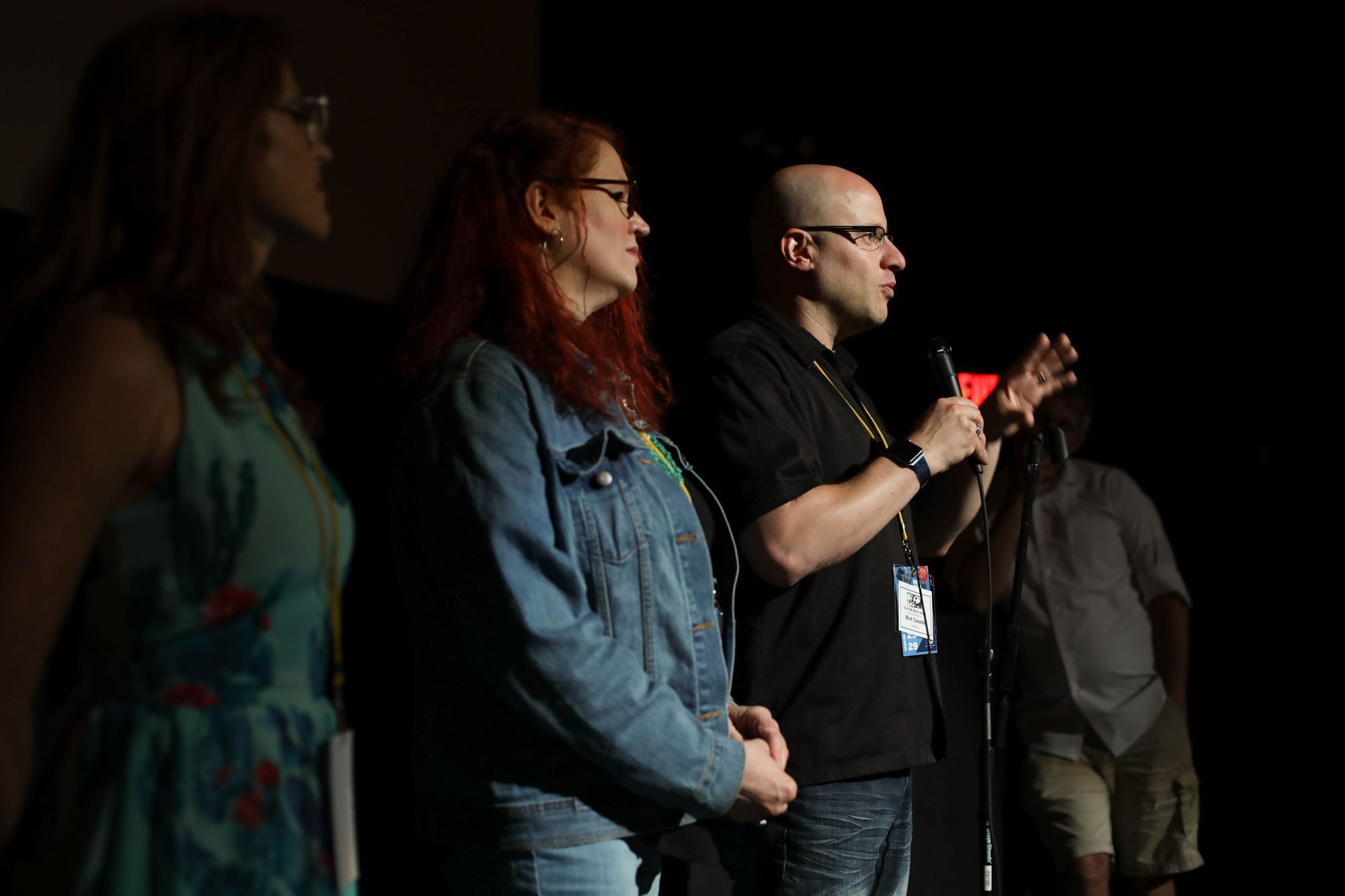

Repped at 3Arts // Austin Film Fest Winner // ISA Fast Track Winner // Gameshow Winner // ABC-Disney Finalist // Award-Winning Journalist // Gimme Springsteen
More posts by Sean Collins-Smith.
Allison Norlian is a three-time Emmy-nominated journalist who co-founded a production company focused on telling unheard stories about underrepresented populations.
More posts by Allison Norlian.